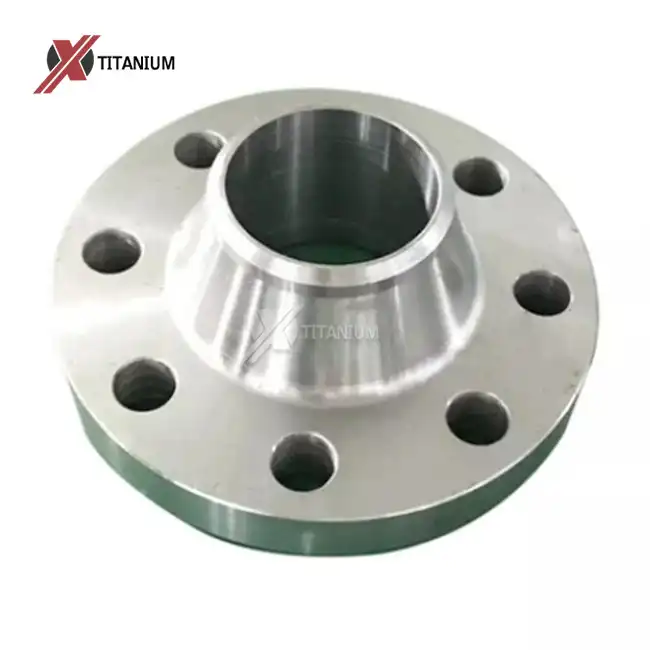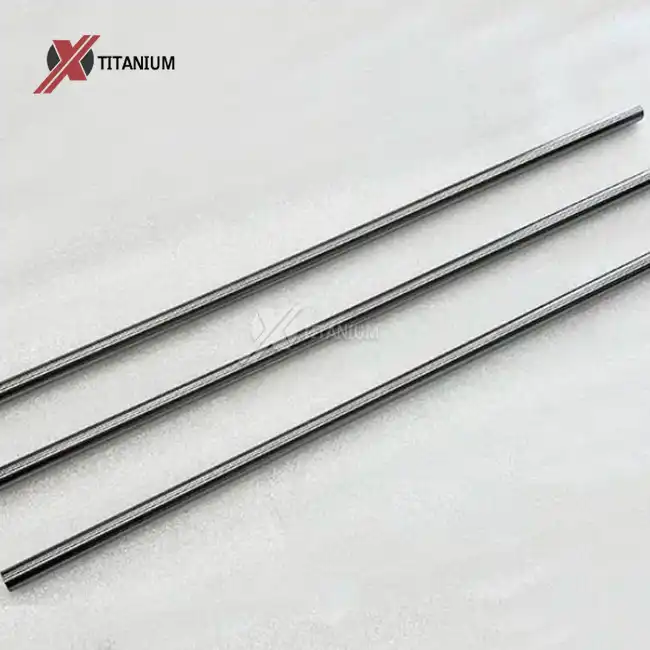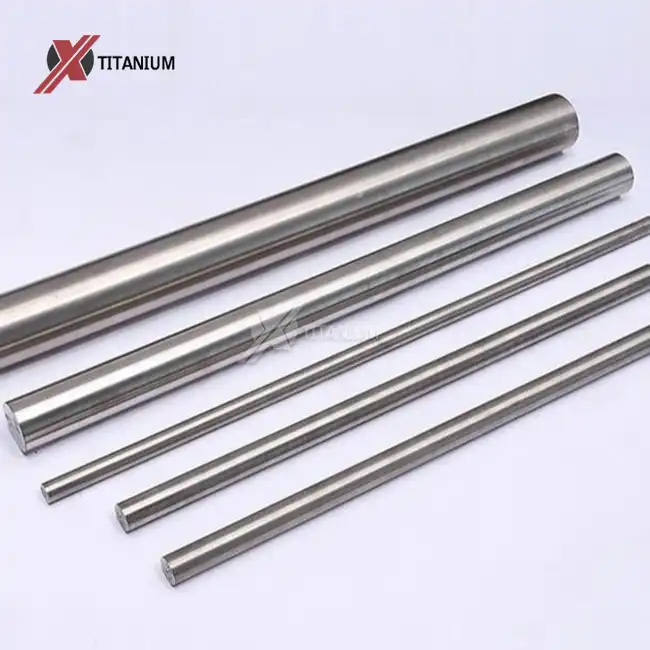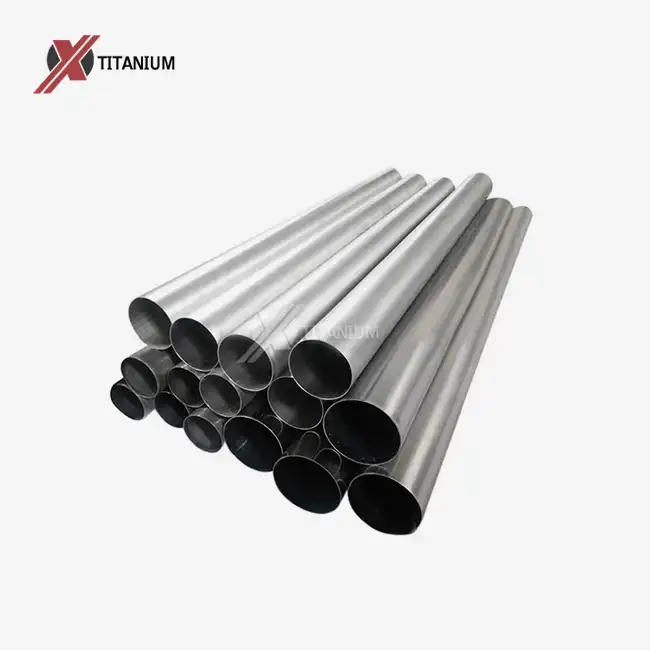- English
- French
- German
- Portuguese
- Spanish
- Russian
- Japanese
- Korean
- Arabic
- Greek
- German
- Turkish
- Italian
- Danish
- Romanian
- Indonesian
- Czech
- Afrikaans
- Swedish
- Polish
- Basque
- Catalan
- Esperanto
- Hindi
- Lao
- Albanian
- Amharic
- Armenian
- Azerbaijani
- Belarusian
- Bengali
- Bosnian
- Bulgarian
- Cebuano
- Chichewa
- Corsican
- Croatian
- Dutch
- Estonian
- Filipino
- Finnish
- Frisian
- Galician
- Georgian
- Gujarati
- Haitian
- Hausa
- Hawaiian
- Hebrew
- Hmong
- Hungarian
- Icelandic
- Igbo
- Javanese
- Kannada
- Kazakh
- Khmer
- Kurdish
- Kyrgyz
- Latin
- Latvian
- Lithuanian
- Luxembou..
- Macedonian
- Malagasy
- Malay
- Malayalam
- Maltese
- Maori
- Marathi
- Mongolian
- Burmese
- Nepali
- Norwegian
- Pashto
- Persian
- Punjabi
- Serbian
- Sesotho
- Sinhala
- Slovak
- Slovenian
- Somali
- Samoan
- Scots Gaelic
- Shona
- Sindhi
- Sundanese
- Swahili
- Tajik
- Tamil
- Telugu
- Thai
- Ukrainian
- Urdu
- Uzbek
- Vietnamese
- Welsh
- Xhosa
- Yiddish
- Yoruba
- Zulu
Are Titanium Allen Bolts the Optimal Choice for Strength, Weight, and Corrosion Resistance?
Titanium Allen bolts have become increasingly popular in aerospace, automotive, marine, and high-end sports industries. Their lightweight construction, high tensile strength, and excellent corrosion resistance make them a compelling option for demanding environments. But are they truly the best fasteners for high-performance applications? In this article, we explore what makes Titanium Allen bolts stand out, how they compare to traditional fasteners like stainless steel or carbon steel, and whether their performance justifies the higher price tag.
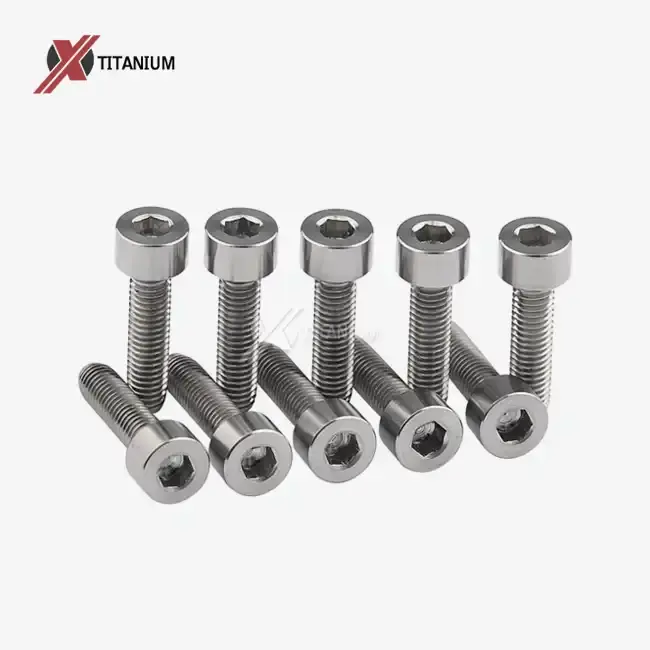
Why Are Titanium Allen Bolts Better Than Stainless Steel Bolts?
1. Weight Efficiency and Strength-to-Weight Ratio
Titanium Allen bolts, especially those made from Ti-6Al-4V (Grade 5), are approximately 45% lighter than stainless steel bolts. Despite being lighter, they offer nearly the same or greater tensile strength. For applications where every gram matters—like in aerospace or motorsports—this weight savings translates directly into improved performance and energy efficiency.
For example, a typical M6 titanium Allen bolt may weigh just 50–60% of its stainless steel equivalent, yet retain comparable tensile strength above 900 MPa.
2. Superior Corrosion Resistance
Titanium naturally forms a protective oxide layer on its surface when exposed to oxygen. This oxide layer prevents corrosion even in highly aggressive environments such as marine or chemical processing settings. In contrast, stainless steel can still corrode over time, especially in crevice or chloride-rich environments, despite its name.
This resistance makes Titanium Allen bolts ideal for offshore structures, desalination equipment, and even mountain bikes used in wet climates.
3. Non-Magnetic and Thermally Stable
Unlike many stainless steels, titanium is completely non-magnetic, which is critical in sensitive electronic applications or medical equipment like MRI machines. Moreover, titanium retains its structural integrity across a wide temperature range—from cryogenic levels to temperatures up to 600°C—without compromising performance.
Can Titanium Bolts Be Used for Structural Applications?
1. Common Misconceptions About Brittleness
One of the most misunderstood aspects of titanium is the belief that it’s brittle or easily fatigued. In fact, modern titanium alloys used in fasteners (especially Grade 5) offer excellent fatigue strength, comparable to that of steel, when manufactured and used correctly. Titanium bolts can absolutely be used in structural assemblies when properly specified and torqued.
2. Use in Aerospace and Motorsport Industries
Titanium Allen bolts are widely used in structural assemblies in aircraft fuselages, racing car frames, and performance bicycles. Their use is not just for aesthetics or weight savings; they’re fundamental to ensuring reliability and longevity in parts subjected to high dynamic loads.
In aerospace, titanium bolts reduce airframe weight, resist corrosion at high altitudes, and tolerate vibrations and temperature fluctuations with minimal fatigue risk.
3. Compliance with Standards
Titanium bolts are produced under strict international standards such as ASTM B348 (for bar and rod), ISO 4762 (for socket head bolts), and DIN 912. When bolts meet these standards and are matched to the correct torque values, they perform reliably even in demanding structural environments.
What Are the Disadvantages of Titanium Bolts and When Should You Avoid Them?
Despite their benefits, titanium Allen bolts are not ideal in every situation. Understanding their limitations helps in making an informed decision.
1. Higher Cost
Titanium is significantly more expensive than stainless steel or carbon steel, both in raw material and machining. It requires specialized tools to cut, thread, and finish, making the final fastener cost anywhere from 5 to 15 times more than its steel counterpart.
In applications where weight and corrosion resistance are not critical, stainless steel bolts may be more economical.
2. Gallium Risk and Seizing
Titanium has a high tendency to gall, especially when torqued dry against another titanium or stainless steel surface. Galling leads to thread damage and even bolt seizure. This can be mitigated by using anti-seize lubricants and ensuring proper torque application, but it’s still a limitation to be considered.
3. Not Ideal for High-Shear Loads Without Precise Engineering
In high-shear load applications, titanium bolts need to be carefully specified. Their elastic modulus (about 110 GPa) is lower than that of steel (approximately 200 GPa), meaning they flex more under the same load. If not accounted for in design, this can lead to joint movement or fatigue issues.
Thus, in precision load-bearing structures, titanium bolts must be part of a well-engineered fastening system rather than a simple steel replacement.
Other Considerations in Choosing Titanium Allen Bolts
1. Aesthetic Value
Titanium bolts offer an appealing matte or polished grey finish that doesn’t tarnish or rust over time. This is particularly attractive in bicycle frames, automotive engine bays, or high-end electronics.
2. Customization and Grades
Titanium bolts can be manufactured in various lengths, diameters, and head types—flat head, button head, countersunk, etc.—to suit industry-specific requirements. Grades like Grade 2 (commercially pure) are softer but easier to form, while Grade 5 offers superior mechanical performance.
3. Environmental Considerations
Titanium production is energy-intensive but offers long lifecycle advantages. Its corrosion resistance reduces the need for replacements, coatings, or maintenance, making it a more sustainable option over time for industries focused on life-cycle costing.
Real-World Use Cases
Formula 1 Cars: Every gram matters in racing. Titanium Allen bolts reduce weight and resist the stress of high RPM vibrations and thermal cycling.
Aerospace Engines: Engine mounts and nacelles use titanium bolts due to their heat resistance and minimal weight.
Mountain Bikes: High-end bikes use titanium bolts for components like disc brakes and suspension systems to withstand mud, water, and vibration.
Chemical Reactors: Titanium fasteners are chosen for their resistance to strong acids, reducing maintenance costs and downtime.
Conclusion
Titanium Allen bolts are more than just high-end fasteners; they’re performance-enhancing components that offer a unique combination of strength, lightness, corrosion resistance, and durability. While they come at a higher price point, their long-term benefits in critical industries often outweigh the initial investment. Whether for aerospace, marine, motorsports, or medical devices, titanium bolts are not just “better” than traditional options—they are often the only viable choice.
References
Smith, J.R. (2021). "Advanced Materials in Aerospace: The Role of Pure Titanium". Journal of Aerospace Engineering, 45(3), 234–248.
Johnson, A.M. & Williams, P.K. (2020). "Biocompatibility of Titanium in Medical Implants: A Comprehensive Review". Biomaterials Science, 8(12), 3301–3320.
Chen, Y., et al. (2019). "Corrosion Behavior of Pure Titanium in Marine Environments". Corrosion Science, 152, 120–133.
Patel, R.N. & Thompson, L.E. (2022). "Manufacturing Processes for High-Quality Titanium Plates". Advanced Materials Processing, 180(5), 45–58.
Garcia, M.S., et al. (2023). "Applications of Pure Titanium in Sustainable Architecture". Architectural Engineering and Design Management, 19(2), 178–195.
Learn about our latest products and discounts through SMS or email
